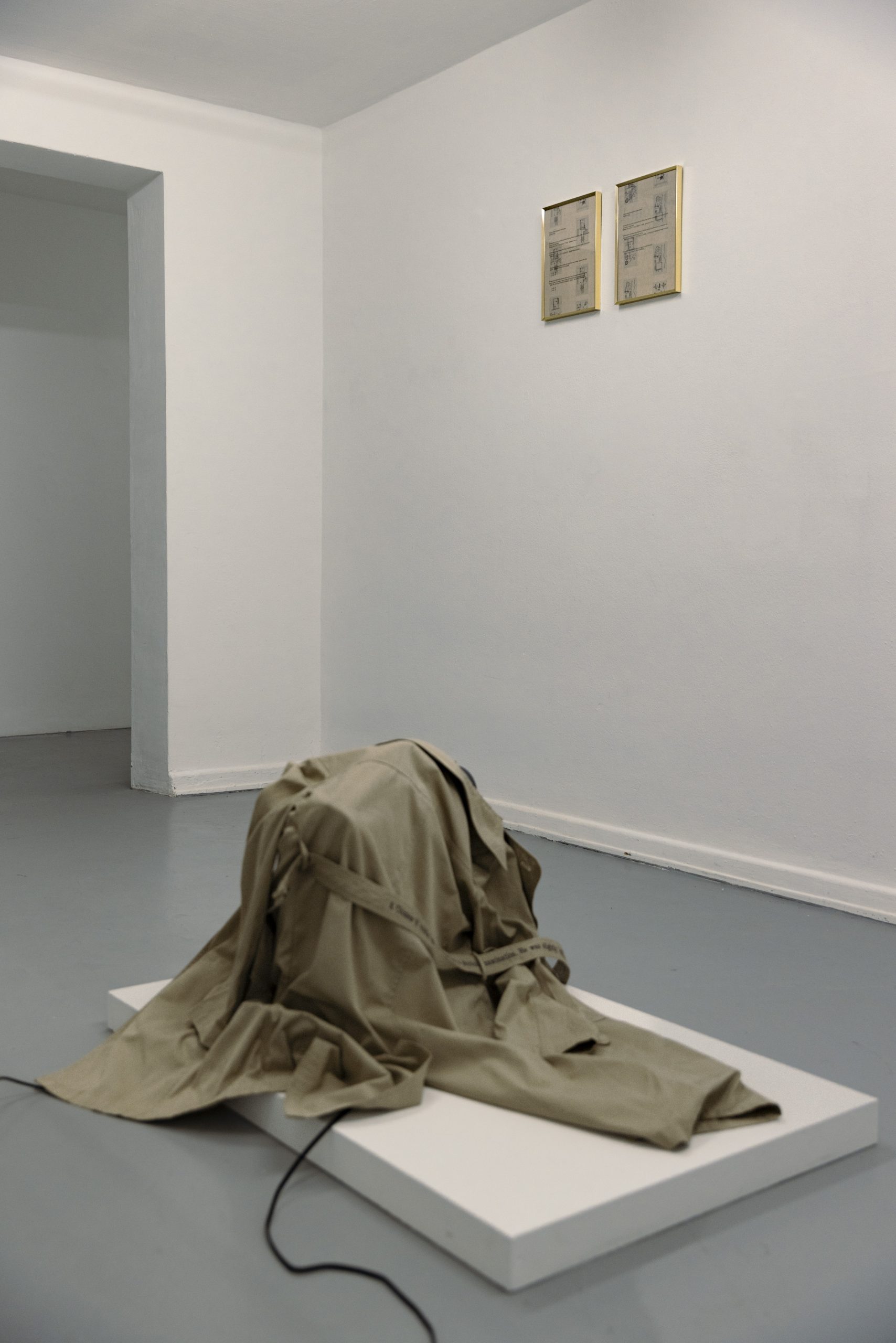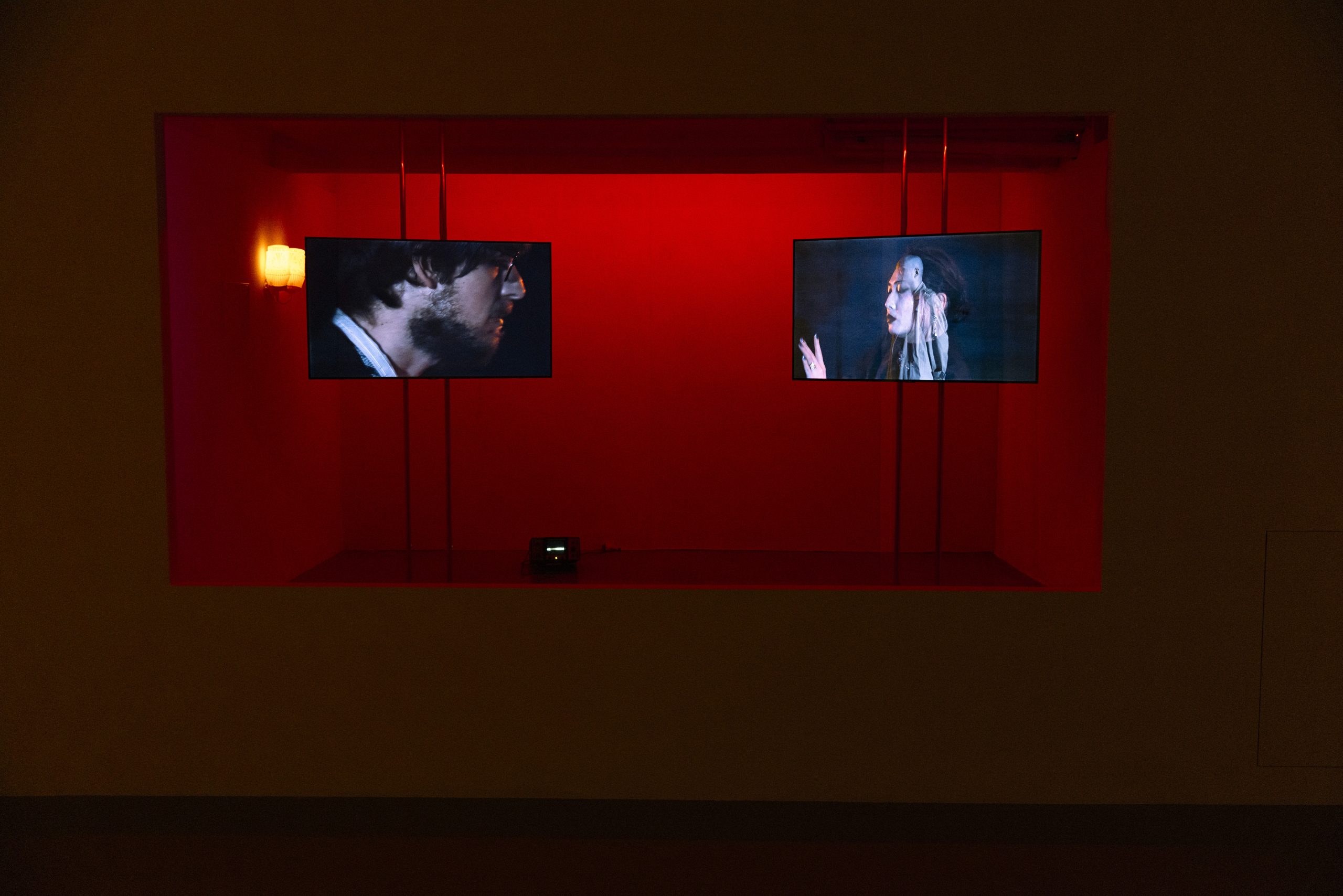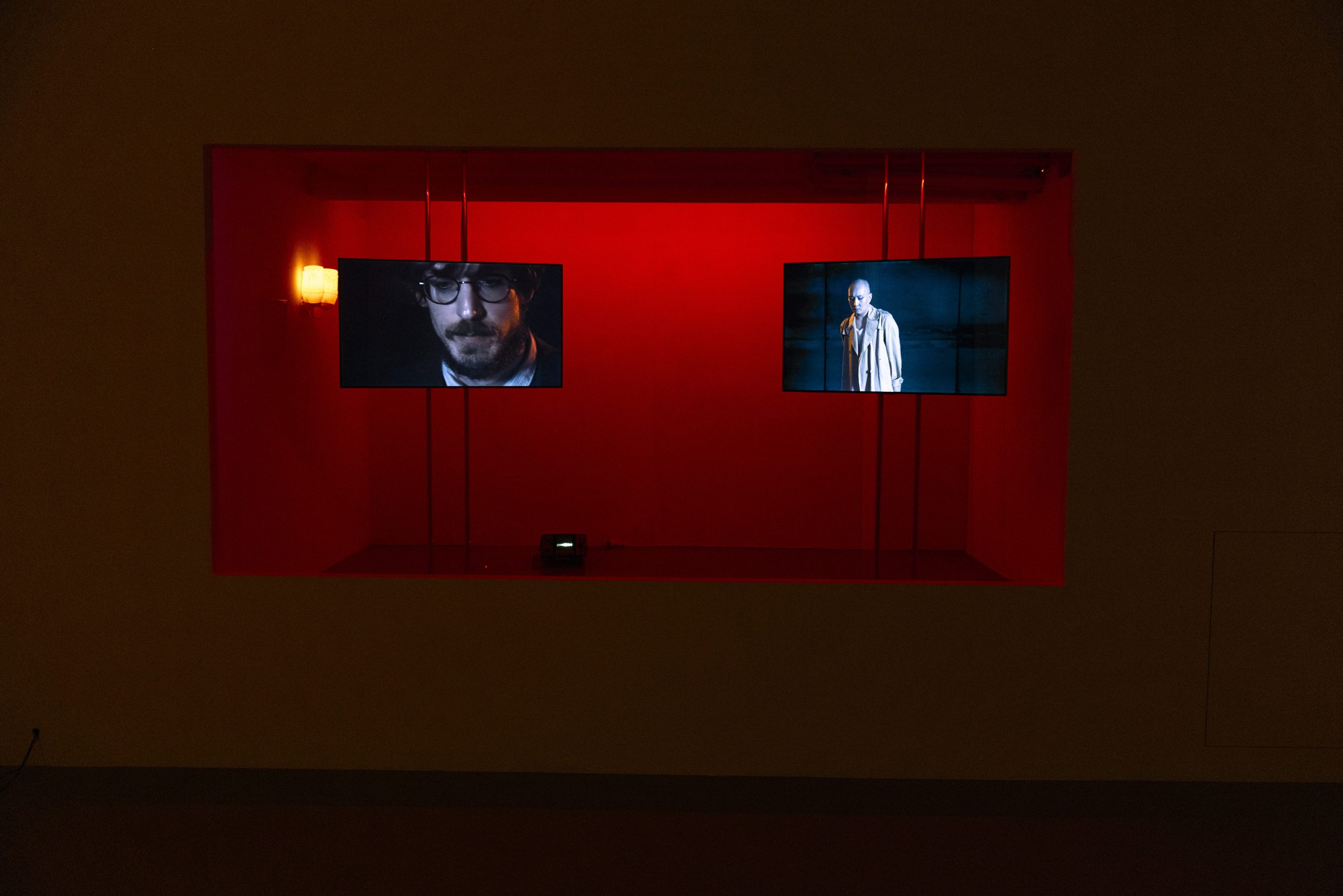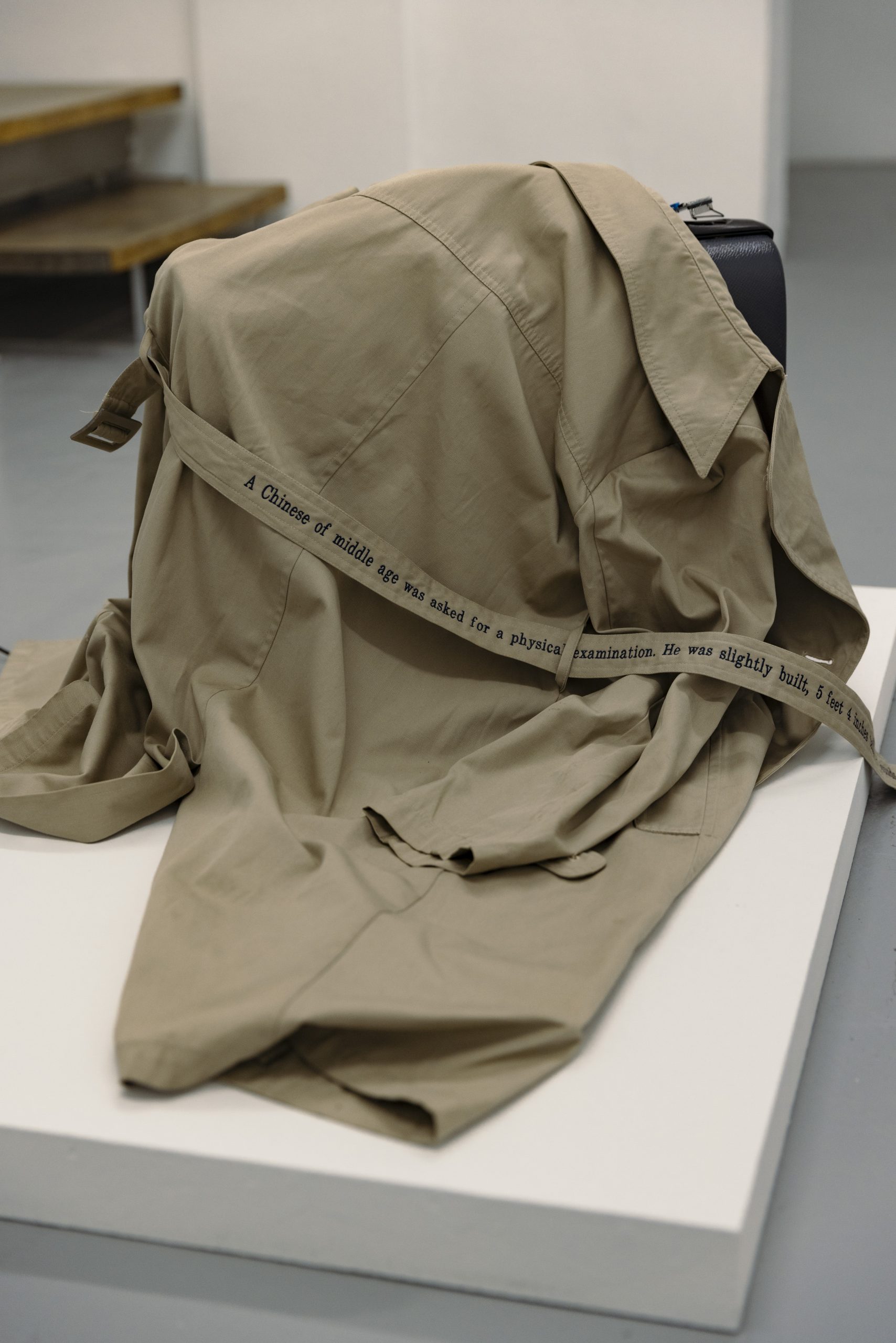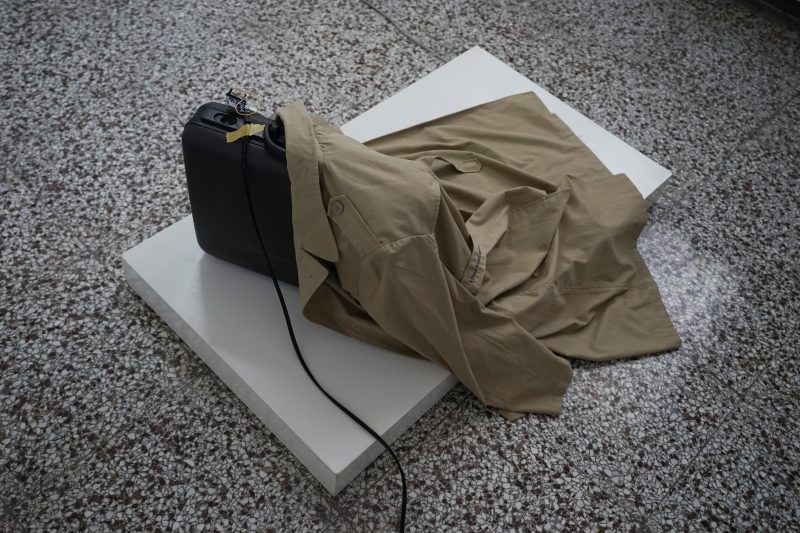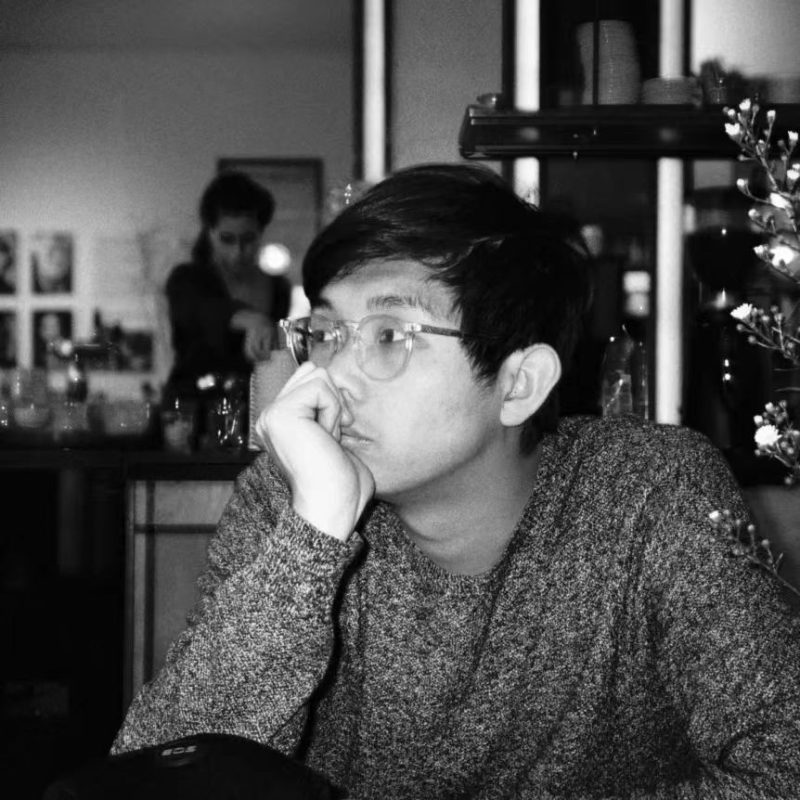Structural Stowaway
胡伟
群展, Basis, 法兰克福, 德国
The exhibition Structural Stowaway presents artistic positions that, using China as a point of departure, address the impact of global interconnections and geopolitical ambitions from historical and contemporary perspectives. The artists employ the power of artistic expression to visually represent this web of planetary networks and their stowaways.
The artists have a common method in that they analyze national and international large-scale projects, flows of goods, and data. They also allow the viewer to trace these seemingly invisible movements on the world map. Global trade routes to and from Asia, not only allow for the migration of people, goods, and capital but always function as networks for communication and information flows as well. These are intertwined with stories and myths that embody human experience and local explanations of global phenomena.
One such myth is the fascinating story of the pirate Zheng Yisao, who ruled the sea of the Pearl River Delta. The site-specific installation by Xiaoshi Qin will show new and old works, which the artist combined during her residency at basis into a new ecosystem of local legends and historical events surrounding the region around Guangzhou. Another myth retold in the exhibition is about a diplomatic love story during the Cold War. Hu Wei‘s installation vividly demonstrates the extent to which political tensions and borders can also affect personal lives. His work Affairs shows how our human relationships are shaped by the political contexts in which we find ourselves.
Musquiqui Chihying’s work examines places historically shaped by colonial trade and raises new questions in an age marked by China’s global expansion. The work The Culture Center presents a collection of currencies and their journey between Asia and Africa. This collection is complemented by coins designed by Musquiqui. They reveal African cultural institutions that were financed with money from China. This interchange between the flow of money and its influence on our lives is expanded by the work The Currency, which came about through a collaboration between the artists Musquiqui Chihying and Gregor Kasper together with the musician Elom 20ce. In the work, song lyrics refer to the power of currency in societies in Asia, Africa and Europe.
Through the exhibition’s diverse artistic approaches, a compelling tension emerges between macroeconomic movements and microeconomic developments as well as their interdependencies. In today’s world, where geopolitical ambitions should always be considered against the backdrop of a postcolonial debate, information networks play a central role. These networks not only serve as sources of knowledge and exchange but can also shape power structures and dependencies. Geocinema’s work focuses on the new cables, satellites, and digital infrastructures that model entire landscapes to provide a more accurate representation of planetary shifts and earthquakes.
The work of photographer Peng Ke takes us from a planetary perspective to a local one. How can we view the landscape from a global standpoint that keeps the local at its core? Her works contrast the uniform architectural aesthetic of modernism with local urban practices in Shanghai’s public spaces. Contrastingly, she juxtaposes kitschy dolphins with smooth, straight, austere buildings of glass and concrete. Her photographs in turn create a link to the export of Chinese urban infrastructure and construction projects, which can be found in many fast-growing metropolises worldwide.
The exhibition Structural Stowaway gives us an insight into the complexity and contradictions of our globalized world. At a time when restrictions of movements and barriers dominate the headlines, the exhibition invites us to reflect on the complexity of our world. It highlights how history, legends, and myths permeate our present. At the same time, it shows how information networks and global structures shape our world.
Photography: Angelika Zinzow / all images copyright and courtesy of the artist and basis, Frankfurt
现场图片
